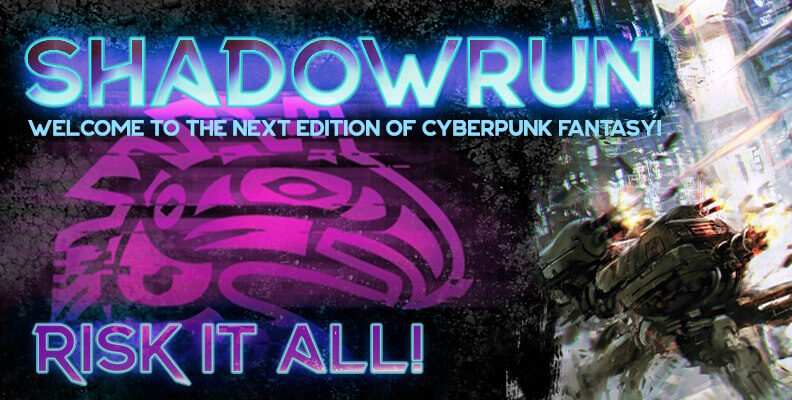On Shadowrun: Nostalgia for a Game I’ve Never Played
I honestly don't know how Shadowrun escaped me all these years, but its combination of D&D, The Matrix, and Mission: Impossible is 100% my shit! Imagine: fantasy races, magic, cyberpunk, and elaborate heists sitting atop an intricately fleshed out near-future world that uses the Mayan Long Count calendar and corporate greed as its main pillars. It's as problematic, corny, and compelling as you'd think — and I'm totally digging it.

